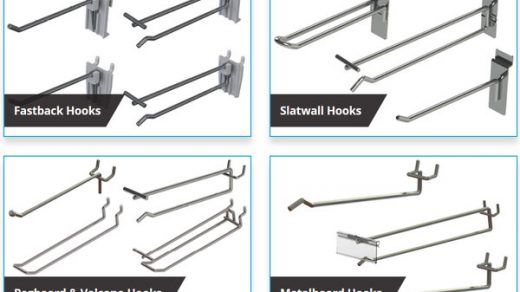
Category management in procurement, which emphasizes managing groups of similar products as separate strategic business units, has long been a go-to approach for businesses looking to enhance their procurement efficiencies. As per reports, 40.2% of procurement professionals considered category management to be one of the most important reasons for digital procurement.
However, this field is in constant flux, driven by technological advancements and shifts in business needs. As we navigate the future landscape, several key trends and innovations are poised to redefine category management in procurement as we know it and usher in a new area of how procurement professionals operate.
So without any further ado, let’s explore them below.
Digital Transformation
Digital transformation is at the forefront of change in category management. Emerging technologies like artificial intelligence (AI), machine learning (ML), and big data are reshaping traditional processes, enabling smarter, data-driven decision-making.
These tools offer procurement teams the ability to process vast quantities of data, revealing insightful trends and patterns. This information can be used to make informed decisions about supplier selection, contract negotiations, and risk management, thereby optimizing the category management process.
Supplier Relationship Management
In the future, category management will not just be about identifying the best suppliers; it will also focus on nurturing these relationships. Robust supplier relationship management (SRM) will become an integral part of category management strategies.
SRM emphasizes collaboration, working closely with suppliers to foster innovation, improve quality, and reduce costs. As businesses increasingly rely on a diverse and global supplier base, effective SRM will be critical in ensuring supply chain resilience and efficiency.
Sustainability and Ethical Sourcing
With growing awareness about environmental sustainability and ethical business practices, procurement teams are under pressure to ensure that their supply chains adhere to these principles. Future category management strategies will need to prioritize sustainable and ethical sourcing.
This might involve selecting suppliers who follow eco-friendly practices, sourcing products with a minimal carbon footprint, or choosing manufacturers that uphold fair trade and labor practices. Aligning procurement activities with corporate social responsibility goals will become an essential part of category management.
Integration of Procurement Software
The integration of procurement software will play a significant role in streamlining category management. These tools can automate repetitive tasks, reduce manual errors, and enhance transparency across the procurement process.
Moreover, procurement software can provide real-time insights into spend analytics, contract management, and supplier performance, enabling procurement teams to make quick and informed decisions. As these tools continue to evolve, their use in category management will become more sophisticated and widespread.

Risk Management
In an increasingly unpredictable business environment, risk management will become a central part of category management. This will involve identifying potential risks within a category—such as supplier insolvency or disruptions in the supply chain—and developing contingency plans to mitigate these risks.
Category managers will need to use advanced analytics to monitor risk indicators continuously and adjust their strategies accordingly. This proactive approach to risk management will be crucial in maintaining supply chain stability and business continuity.
Agility and Flexibility
Agility in category management involves developing sourcing strategies that can adapt swiftly to new market entrants or shifts in supply and demand conditions. For example, the introduction of a new, innovative supplier or sudden changes in price dynamics due to market fluctuations could require procurement teams to reassess their current supplier mix or contract terms. An agile approach allows businesses to seize these opportunities or mitigate challenges, ensuring the best possible outcomes.
Flexibility, on the other hand, focuses on the capability to adjust to changes in the broader business context. This might involve adapting to new regulatory requirements that impact sourcing decisions or adjusting procurement processes in response to internal changes within the organization, such as a new strategic direction or restructuring. Flexibility ensures that category management strategies align with the overall business objectives, even as they evolve over time.
Bottom Line
The future of category management in procurement will be shaped by a variety of trends and innovations, from digital transformation and supplier relationship management to sustainability, procurement software integration, risk management, and agility. As the field evolves, successful category managers will need to leverage these new tools and strategies to meet changing business needs and market conditions.
While the future promises exciting opportunities, it also demands adaptability and forward-thinking, hallmarks of any successful category manager.




Recent Comments